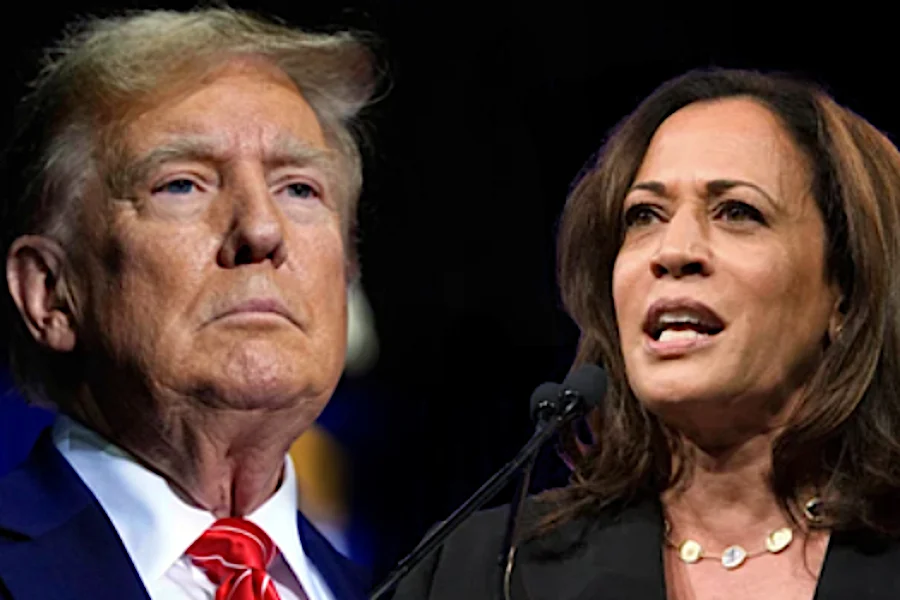In an unexpected analysis, Goldman Sachs has projected that a Kamala Harris presidency would be more beneficial for the U.S. economy compared to a second term for Donald Trump.

The investment bank’s report suggests that a Democratic win under Harris would generate approximately 30,000 more jobs per month than a Republican sweep. Goldman Sachs attributes this potential growth to Harris’ proposed policies aimed at supporting middle-class Americans and small businesses, which they believe would stimulate consumer spending and benefit the broader economy.
Javier Molina, senior market analyst at eToro, elaborated on the potential impact: “A Harris presidency could benefit small and medium businesses as the focus would appear to be on fiscal policies that provide support through tax incentives and grants for startups.” Molina added that Harris’ policies are “expected to lead to higher job creation when compared to Trump, especially if accompanied by fiscal stimulus and expanded tax credits. This could lead to moderate job growth, boosting sectors like renewable energy and infrastructure.”
The analysis suggests that the economic boost from these policies would outweigh any negative impacts from potential tax increases on wealthy individuals and large corporations.

In contrast, the report indicates that a Trump victory could lead to higher inflation and a hit to economic output in 2025. Goldman Sachs attributes this potential downturn to Trump’s proposed tighter immigration policies and increased tariffs on imports. “We estimate that if Trump wins in a sweep or with divided government, the hit to growth from tariffs and tighter immigration policy would outweigh the positive fiscal impulse,” the bank’s report stated.
The analysis argues that increased tariffs on goods from China, Mexico, and the EU would push core inflation higher. Additionally, the bank posits that curbing immigration in the ways Trump plans would remove growth engines, as immigrants tend to be younger, boost the labor market, and increase spending.
Despite these projections, recent polls show that voters still lean towards trusting Trump on economic issues. A Reuters/IPSOS poll found that 43% of voters trust Trump more with the economy, compared to 40% who favor Harris.
As the election approaches, both candidates are focusing on economic policies, with voters concerned about inflation, mortgage rates, and stock market volatility. Goldman Sachs, under CEO David Solomon, has urged both candidates to prioritize small businesses in their policy platforms, even taking out advertisements in New York City’s Times Square ahead of the September 10 debate.
The report comes less than two months before the national election, providing a new perspective on the potential economic impacts of each candidate’s policies.
Source: Daily MailOnline



